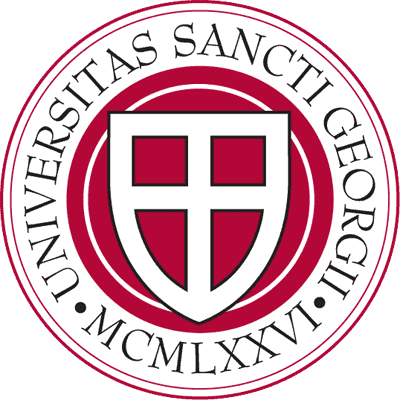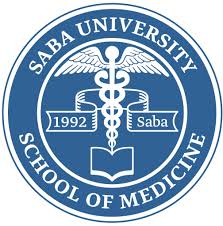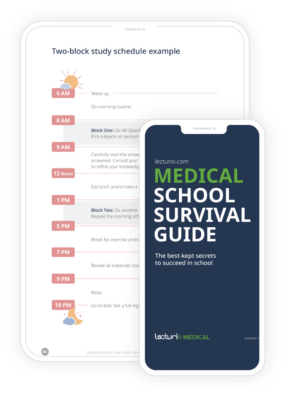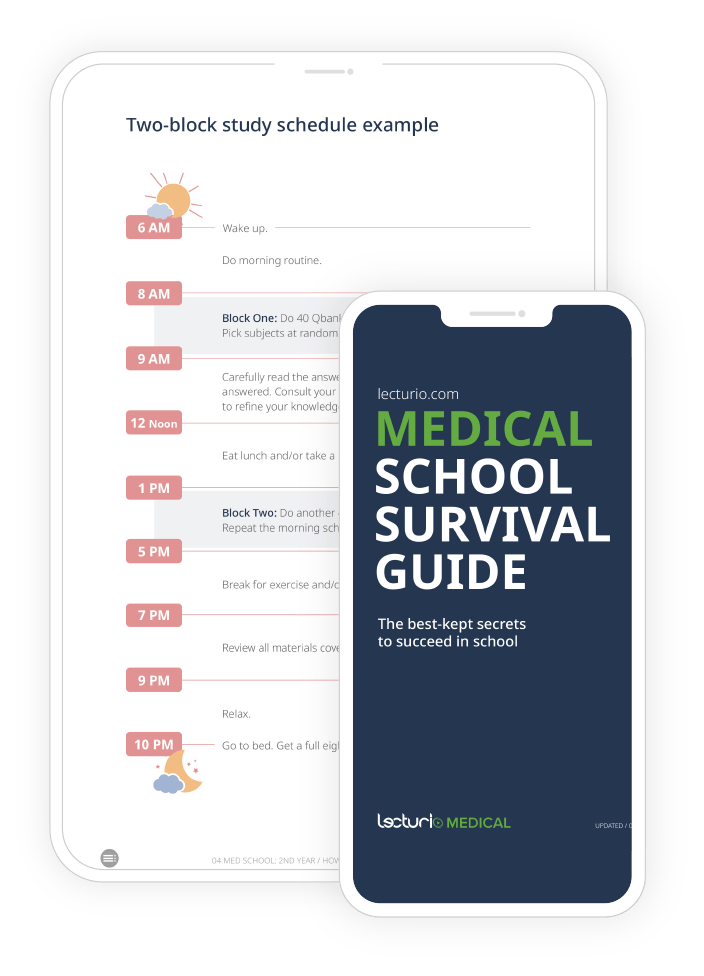Caribbean medical schools represent a significant pathway for students, particularly from North America, seeking an MD degree. While sometimes viewed as an alternative option, many medical schools in the Caribbean offer rigorous programs designed to prepare graduates for licensure and practice primarily in the US and Canada. This guide provides a detailed overview of medical schools in Caribbean nations, focusing on key considerations for prospective students.
This guide delves into factors that define good Caribbean medical schools, examines Caribbean medical school tuition and acceptance rate trends, discusses Caribbean medical schools ranking considerations, and highlights some of the top medical universities in the Caribbean. Making an informed decision requires looking beyond simple lists and understanding the nuances of accreditation, clinical rotations, and graduate outcomes.
Why Consider Medical Schools In The Caribbean?
Medical schools in the Caribbean often attract students for several reasons:
- Alternative Pathway: They provide an opportunity for students who may not have gained admission to highly competitive US or Canadian medical schools but still possess the academic potential and dedication to become physicians.
- Rolling Admissions & Multiple Start Dates: Many Caribbean schools offer multiple start dates per year (e.g., January, May, September), providing flexibility compared to the rigid single-entry timeline of most North American schools.
- Holistic Review: While academic metrics like GPA and MCAT scores are important, some Caribbean schools employ a more holistic review process, potentially giving more weight to experiences, interviews, and letters of recommendation.
- US-Focused Curriculum: Many leading schools structure their curriculum based on US medical education standards, specifically preparing students for the United States Medical Licensing Examination (USMLE) sequence.
Key Factors For Evaluating Caribbean Medical Schools
Choosing among the many medical schools in the Caribbean requires careful evaluation. Simple Caribbean medical schools ranking lists often don’t tell the whole story. Here are critical factors:
Accreditation
This is arguably the most important factor. Accreditation ensures the school meets specific educational standards. Key points include:
- WFME Recognition: Look for schools whose accrediting body is recognized by the World Federation for Medical Education (WFME). This is crucial because, starting in 2024, the Educational Commission for Foreign Medical Graduates (ECFMG®) requires applicants for certification (necessary for US residency) to have graduated from a medical school accredited by a WFME-recognized agency.
- Key Accrediting Bodies: Reputable accrediting bodies for the region include the Caribbean Accreditation Authority for Education in Medicine and other Health Professions (CAAM-HP) and the Accreditation Commission on Colleges of Medicine (ACCM). Both CAAM-HP and ACCM have achieved WFME recognition.
- US Department of Education Recognition: Accreditation recognized by the US Department of Education’s National Committee on Foreign Medical Education and Accreditation (NCFMEA) allows students to access US federal student loans. Schools like SGU, Ross, AUC, and Saba typically hold this.
USMLE Pass Rates
The USMLE is a three-step examination required for medical licensure in the United States. First-time pass rates on Step 1 and high percentile scores on Step 2 CK are strong indicators of a school’s academic quality and its effectiveness in preparing students for US practice. Reputable schools often publish these rates on their websites.
Residency Match Rates
Perhaps the ultimate measure of success for many students attending Caribbean medical university programs is securing a residency position in the US or Canada upon graduation. Look for schools with consistently high residency placement rates, particularly into competitive specialties and programs. The “Big Four” (SGU, Ross, AUC, Saba) generally report strong match rates, often placing hundreds of graduates into US residencies each year. For instance, St. George’s University reported placing over 990 graduates into US residencies in 2024.
Clinical Rotations
The quality and location of clinical rotations (typically the third and fourth years) are vital.
- US Clinical Sites: The best Caribbean medical schools have affiliations with numerous ACGME-approved (“green book”) teaching hospitals in the United States, allowing students to complete all their core and elective rotations there. This provides exposure to the US healthcare system and enhances residency application prospects.
- Guaranteed Rotations: Ensure the school guarantees access to necessary core rotations without significant delays.
Attrition Rates
High attrition rates (students leaving before graduation) can be a red flag, potentially indicating inadequate student support or overly stringent academic policies designed to filter out weaker students before they impact USMLE pass rates. While specific data can be hard to find, inquire about this during the application process.
Understanding Caribbean Medical School Tuition
Caribbean medical school tuition is a major consideration. Costs vary significantly but tend to be substantial.
- General Range: Tuition often ranges from $25,000 to over $65,000 USD per year, depending on the school and term. The more established schools (“Big Four”) are typically at the higher end of this range.
- Additional Costs: Remember to factor in living expenses (housing, food, travel), health insurance, books, exam fees (USMLE), and residency application costs, which can add significantly to the overall expense.
- Financial Aid: Students attending schools whose accrediting bodies are recognized by the US Dept. of Education (NCFMEA) may be eligible for US federal student loans. Scholarships may also be available directly from the schools.
Caribbean Medical School Acceptance Rate
Caribbean medical school acceptance rates are often perceived as higher than those for US medical schools, which is a primary reason many students apply. However, the picture is nuanced:
- Variability: Acceptance rates differ widely between schools. The best medical schools in the Caribbean, particularly the “Big Four,” have become more competitive over time, though generally still more accessible than their US counterparts. Less established schools may have significantly higher acceptance rates.
- No Guarantee: Higher acceptance rates do not mean admission is guaranteed or easy. Schools still look for candidates likely to succeed in their rigorous curriculum and pass licensing exams.
- Academic Benchmarks: Most reputable schools require competitive undergraduate GPAs (often 3.0 or higher) and MCAT scores (often near or above 500), though minimums might be slightly lower than average US matriculant scores.
- Holistic Factors: As mentioned, experiences in healthcare, research, volunteering, and strong letters of recommendation can play a significant role in admissions decisions.
Top Medical Schools in the Caribbean
While definitive Caribbean medical schools ranking lists are subjective and less standardized than US rankings, certain schools consistently stand out based on accreditation, USMLE performance, and residency match success. These are often considered among the best medical schools in Caribbean nations.
1. St. George’s University (SGU), Grenada

Website: https://www.sgu.edu/
Approx. Annual Tuition: ~$38,000 – $56,000 USD.
Scholarship options: Yes
Why it’s a Top Choice: SGU is one of the largest and most well-known Caribbean medical schools. It boasts strong accreditation (including CAAM-HP recognition by WFME, and NCFMEA recognition for US loans), a large network of US/UK clinical affiliations, and consistently places the highest number of graduates into US residencies among international medical schools year after year.
Studying medicine has never been easier.
Set yourself up for success with Lecturio.
2. Ross University School of Medicine, Barbados

Website: https://www.sgu.edu/
Approx. Annual Tuition: ~$50,000 – $60,000 USD.
Scholarship options: Yes
Why it’s a Top Choice: Ross is another major player with strong accreditation (CAAM-HP, ACCM, NCFMEA). It has a long history and a large alumni network practicing in North America. Ross maintains numerous US hospital affiliations for clinical rotations and achieves strong residency match rates annually. It moved its campus from Dominica to Barbados in recent years.
3. American University of the Caribbean School of Medicine (AUC), Sint Maarten

Website: https://www.aucmed.edu/
Approx. Annual Tuition: ~$60,000 – $70,000 USD.
Scholarship options: Yes
Why it’s a Top Choice: AUC, accredited by ACCM (WFME recognized) and recognized by NCFMEA, is another established school with a good track record. It offers clinical rotations primarily in the US and UK and maintains solid residency placement results. AUC emphasizes a supportive learning environment.
4. Saba University School of Medicine, Saba (Dutch Caribbean)

Website: https://www.saba.edu/
Approx. Annual Tuition: ~$50,000 – $60,000 USD.
Scholarship options: Yes
Why it’s a Top Choice: Saba is known for its rigorous academics, smaller class sizes, and historically strong USMLE pass rates and residency placements, despite being smaller than SGU or Ross. It holds necessary accreditations (ACCM, NCFMEA). Its location on the small island of Saba offers a focused study environment for the basic science years.
Other Notable Schools
While the “Big Four” are often highlighted, other good Caribbean medical schools with appropriate accreditations and track records exist, such as:
- Medical University of the Americas (MUA), Nevis: Similar profile to Saba, often grouped with it due to shared ownership and structure. Holds ACCM accreditation.
- St. Matthew’s University School of Medicine, Cayman Islands: Another school with ACCM accreditation.
It’s crucial for applicants to perform thorough due diligence on any school, verifying current accreditation status, USMLE pass rates, residency placements, and clinical rotation guarantees directly with the institution.
Ultimately, as this guide highlights, succeeding as a Caribbean medical student and achieving your goal of a US residency hinges on outstanding performance on your licensing exams. Excelling on the USMLE Step 1 and Step 2 CK is non-negotiable for standing out and securing a competitive match. To conquer these high-stakes exams, you need a comprehensive and effective study resource. Lecturio provides an all-in-one platform with expert video lectures, an intelligent Qbank, and proven learning tools tailored for medical students. Set yourself up for success and maximize your match potential by trying out Lecturio today!
Frequently Asked Questions (FAQs)
Q: Are Caribbean medical degrees valid in the US and Canada?
A: Graduates from accredited Caribbean medical schools (whose accrediting bodies are WFME-recognized) are eligible to apply for ECFMG Certification, take the USMLE, and apply for residency positions in the US. Similarly, they can challenge Canadian licensing exams (MCCQE). Success depends on passing exams and securing a residency slot.
Q: Is it harder to get a residency spot coming from a Caribbean medical school?
A: While graduates from the best Caribbean medical schools achieve high match rates, international medical graduates (IMGs), including those from the Caribbean, generally face more competition for US residency spots than US MD or DO graduates, particularly in highly competitive specialties. Strong USMLE scores, clinical rotation performance, research, and letters of recommendation are crucial.
Q: What MCAT score is needed for Caribbean medical schools?
A: Requirements vary. While top US schools often see average MCATs around 511+, reputable Caribbean schools might accept scores closer to 500, with some potentially considering applicants slightly below that if other parts of the application are strong. Less competitive schools may have lower thresholds or sometimes waive the MCAT requirement (which can be a red flag).
Q: Is attending a Caribbean medical school worth it?
A: It can be, if the student attends a reputable, accredited institution, excels academically (especially on the USMLE), secures strong clinical rotations, and successfully matches into a residency program. The high cost (Caribbean medical school tuition) and potentially higher competition for residency spots are significant factors to weigh against the opportunity to pursue an MD degree. Diligent research into specific schools is essential.
Disclaimer: Information on tuition, fees, accreditation, and admission statistics changes frequently. This blog post provides general information based on data available around late 2024 / early 2025. Prospective students must verify all details directly with the medical schools’ official websites and relevant accrediting bodies before making any decisions.







